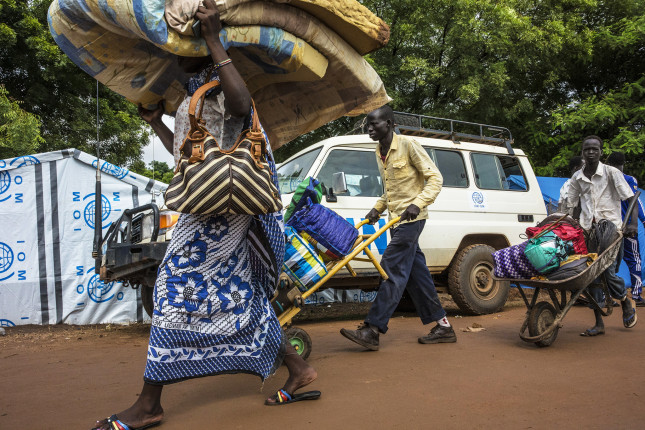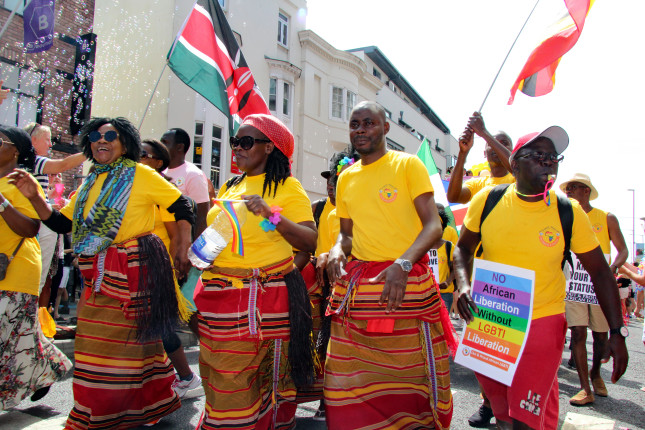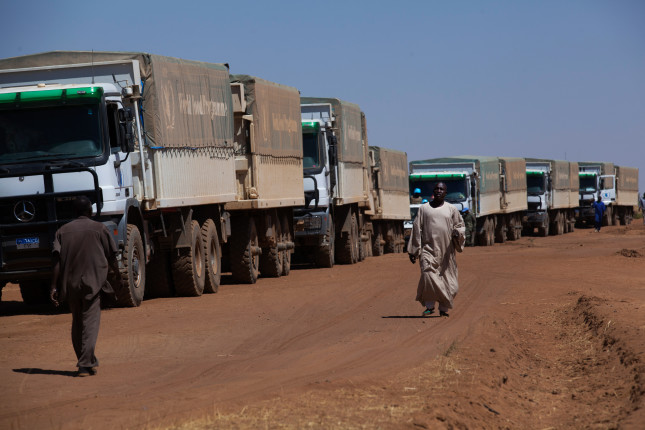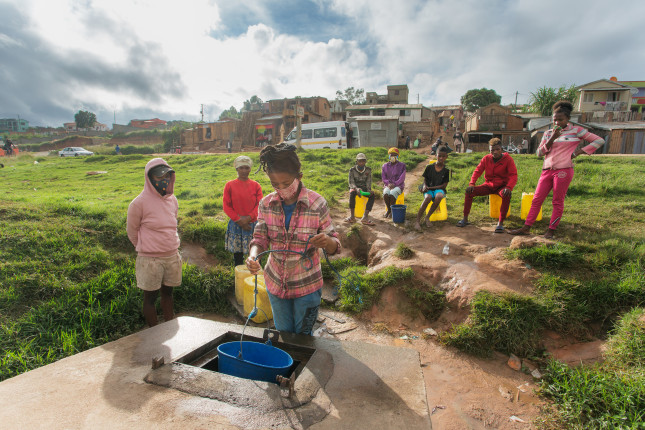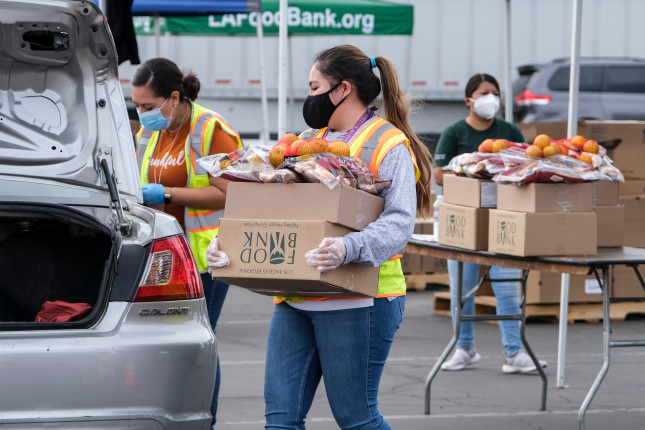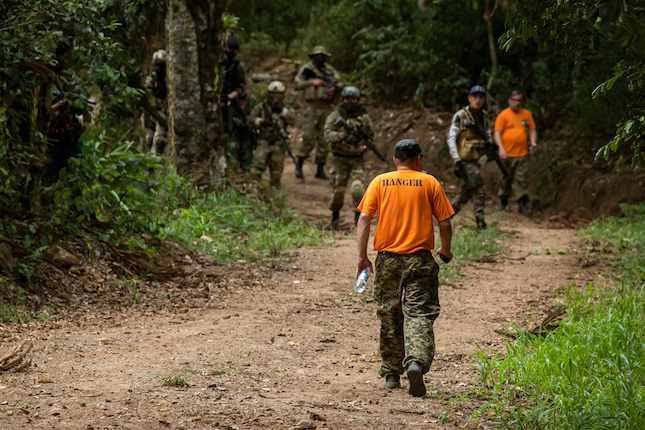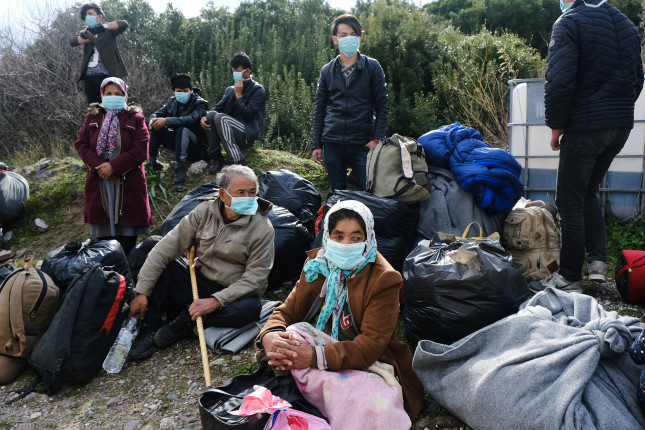-
The Top 5 Posts of June 2021
›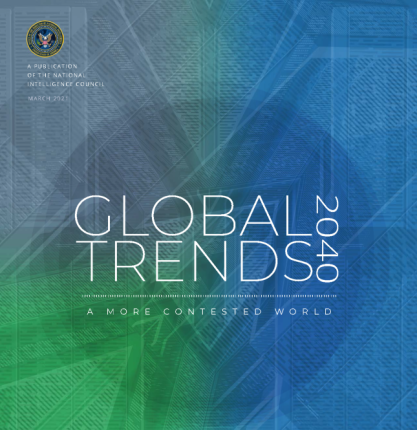
In our top post for June, Steve Gale shares 5 consequences out of the National Intelligence Council’s recently released Global Trends report that development actors should be particularly attuned to. In addition to the “long tail” of the COVID-19 pandemic, the report recognizes the environmental consequences of climate change, including unprecedented numbers of wildfires, increased intensity of tropical storms, and sea-level rise. As a result, migration will be more pronounced and require more targeted aid approaches as demographics shift.
-
Displacement, Migration, and Urbanization in the 21st Century
›Guest Contributor // Urban Sustainability Laboratory // July 6, 2021 // By Gad Perry, Chris Upchurch & Laura Cline
Over 79 million people are currently forcibly displaced within their own country or across international borders as a result of conflict or natural disaster. As Filippo Grandi, the United Nations High Commissioner for Refugees, explained in 2020, “resolving forced displacement is not only a moral or humanitarian imperative, but also deals with issues at the heart of the [Security] Council’s mandate to maintain international peace and security.”
-
Heteronormativity in the International Development Sector and Why We Need to Get Over It
›
After enduring sexual violence in the DRC conflict, Steven Kighoma fled to Uganda where he became an activist with the NGO, Men of Hope Refugee Association, supporting male victims of conflict-related sexual violence. The experiences of male victims include rape, being forced to watch family members being raped, being beaten on the genitals, and enduring other kinds of abuse. Compounding their trauma, men who have suffered sexual violence in the region are often seen as not properly masculine and face homophobic violence and criminalization, regardless of their sexual orientation. In addition, they face exclusion from survivor support services which assume that only women face sexual violence.
The biggest challenge is “the ignorance of the government, the medical institutions, the community, not knowing a male victim of sexual violence exists,” says Kighoma. “There is a confusion when you talk about male victims of sexual violence. People confuse it with homosexuality.”
-
Climate Change, Armed Conflict and Humanitarian Organizations: Defining Their Role, Greening Their Response
›
Humanitarian actors play a critical role in responding to climate-related crises, armed conflict, or a combination of both. Their response comes with an environmental cost. Humanitarian staff air travel, for instance, represents a significant source of carbon emissions and humanitarian logistics remain heavily dependent on fossil fuels. As the demand for humanitarian response climbs and countries increase their commitments to curb climate change, a question arises: Can humanitarian organizations mitigate their environmental impact and remain effective in responding to the consequences of armed conflict and climate impacts?
-
Pandemic Brings WASH to Rare Inflection Point: Despite Fears of Collapse, Water, Sanitation, and Hygiene Draw Closer to Epic Goal
›
Until 2016, the agrarian residents of east Kenya’s Kitui county had never encountered a water quality monitor like Mary Musenya. Wearing a bright blue company jersey and furnished with sample bottles and plastic trays, the young Kenyan is a water safety officer for FundiFix, a tiny rural water supply service company. She is one of 20 staff who manage 130 pumps, plus pipes and water tanks that serve 82,000 people across a 1,000 square-mile service area in Kitui and Kwale counties.
-
Who’s responsible for feeding hungry people?
›
Historically, Americans have not been entitled to adequate, nutritious food when they are hungry, at least not at the expense of federal or state governments. Public food assistance programs are and have always been limited and supplemental and not designed to cover all nutritional needs. The effects of limited government engagement with hunger have disproportionately affected women and people of color and resulted in a patchwork system of assistance where charities and privately funded food banks attempt to fill gaps left by the government’s Supplemental Nutrition Assistance Program (SNAP) program.
-
Climate Change Will Make the Brazilian Military’s Role More Difficult, Finds New Report
›
“It is in Brazil’s interest to climate-proof the nation,” said Wilson Center Senior Fellow Sherri Goodman during a recent International Military Council on Climate and Security (IMCCS) event. Referencing a new IMCCS report, Climate and Security in Brazil, Goodman, who is also Secretary General for the IMCCS, said that Brazilian leaders ought to develop counter-deforestation and climate plans as critical elements of the national security agenda.
-
Refugees and COVID-19: A Closer Look at the Syrian and Rohingya Crises
›
“We all know that while no one is immune from the Covid-19 virus—and people of all types have caught the virus and died from it—it is the world’s most vulnerable communities that have suffered disproportionately from the pandemic,” said Michael Kugelman, Deputy Director and Senior Associate for the Wilson Center’s Asia Program. He spoke at a recent Wilson Center event on the impact of the COVID-19 pandemic on refugee communities. As of 2019, 1 percent of humanity was displaced. That’s more than 79.5 million people. The COVID-19 pandemic has exacerbated the vulnerabilities of these people. “The health pandemic is fostering a new pandemic of poverty,” said Matthew Reynolds, Regional Representative for the U.S. and the Caribbean at the United Nations High Commissioner for Refugees (UNHCR).
Showing posts from category humanitarian.


